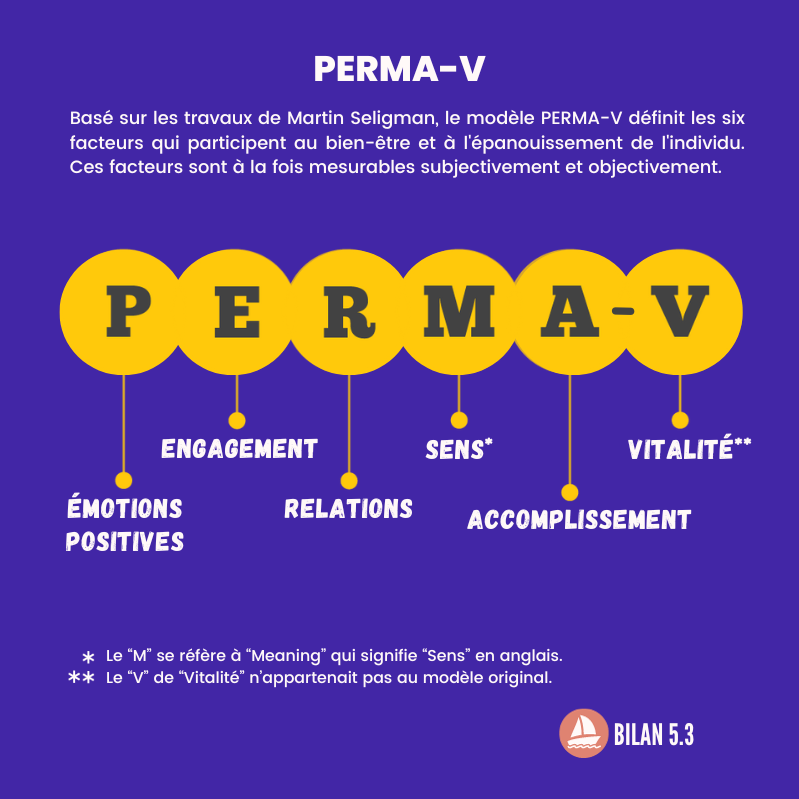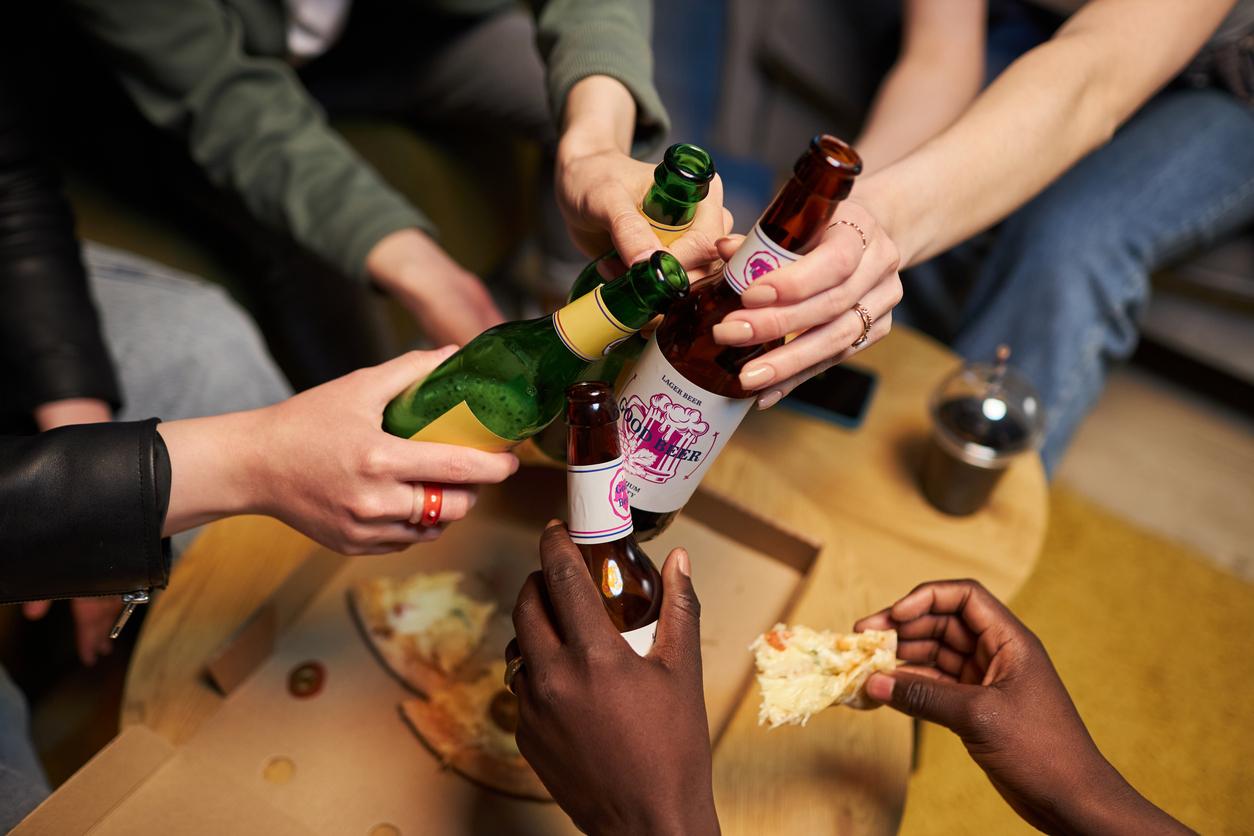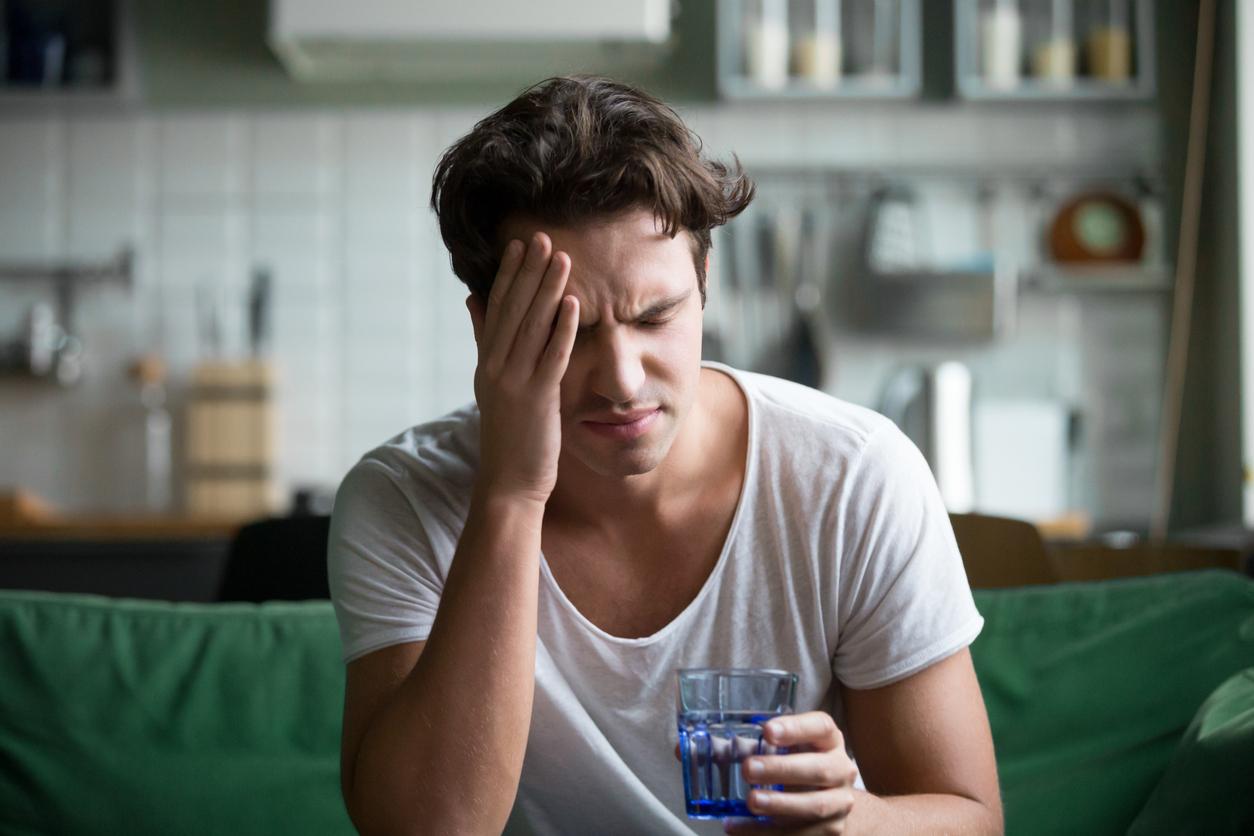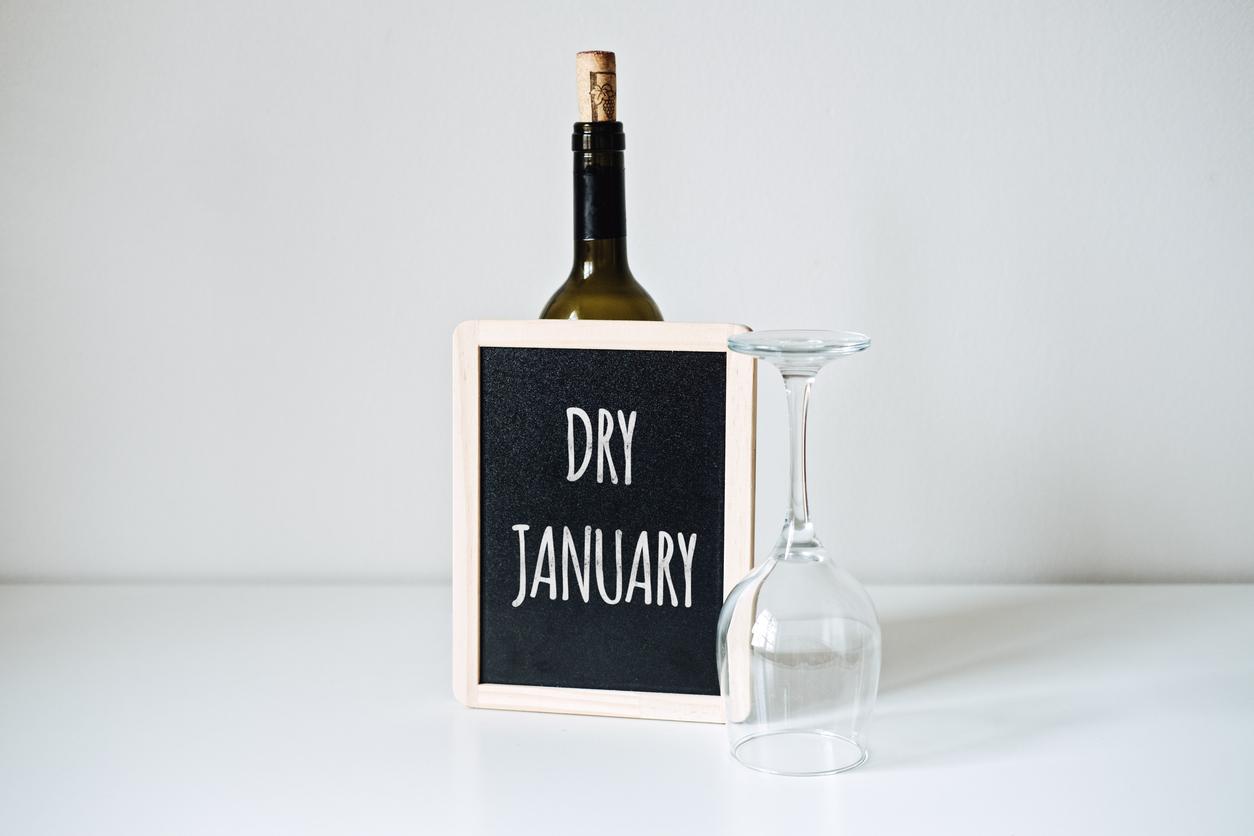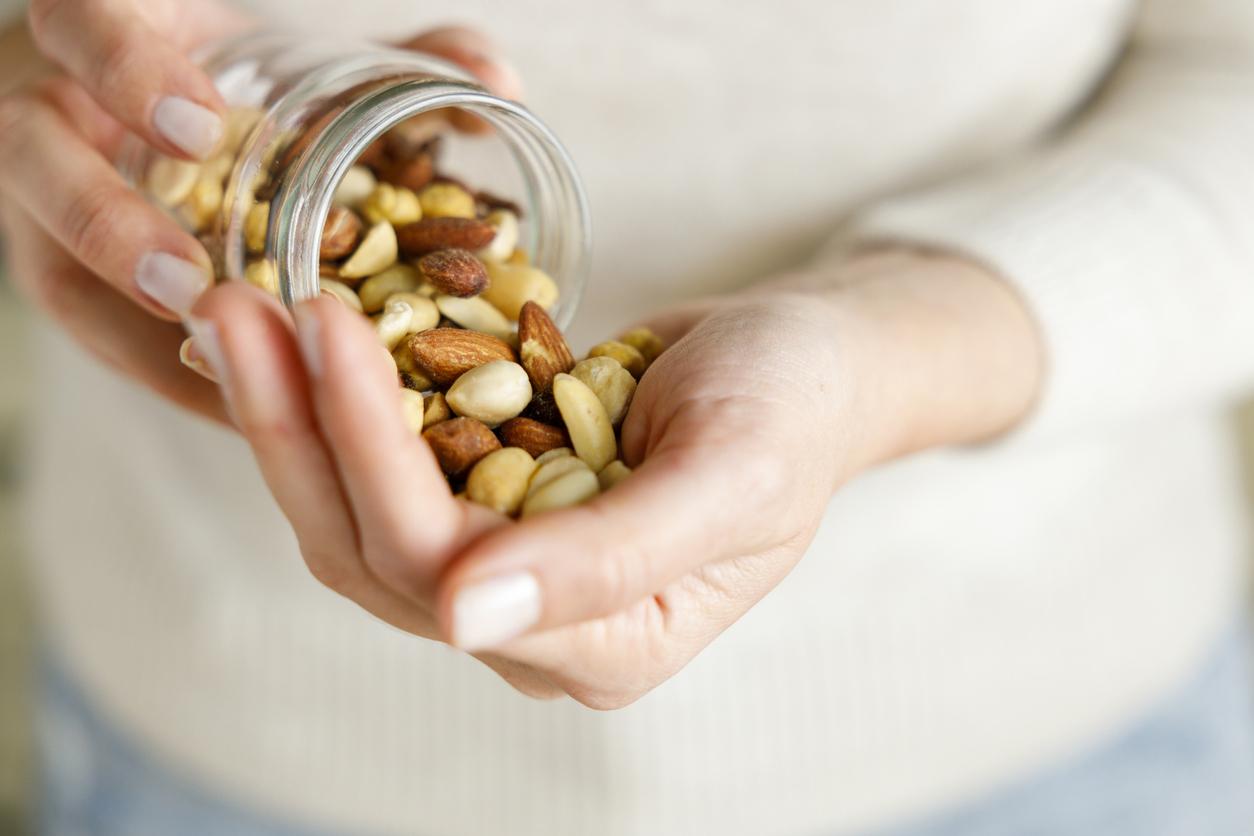
Alcohol poisoning among young people is a serious and growing problem. The number of young people requiring emergency care after alcohol poisoning has been rising for seven years. The average age of the young people admitted is 16 years. How can you prevent alcohol abuse in adolescents?
Each year, an average of 1,800 young people between the ages of 10 and 24 are treated in a hospital emergency room after excessive alcohol consumption. A considerable number of them also have to be hospitalized, for example if there is a coma. In 2009, a total of 500 minors were admitted, an increase of 48 percent compared to 2008.
No problem youngsters
Children who contract alcohol poisoning are usually not problem young people. So-called ‘coma binge drinking’ occurs among young people from all backgrounds.
Most alcoholics use alcoholic beverages in addition to beer. They usually drank between ten and fifteen glasses. On average they are unconscious for 3 hours. Alcohol comas are now just as common in girls as in boys. In 2004, two of the three cases involved boys.
Drink, because you can
In 2009, the number of hospital admissions after alcohol abuse fell among young people aged 13, 14 and 15 years. According to Minister Rouvoet of Youth Affairs, this was partly a result of the information campaign ‘Prevent alcohol damage in your growing child‘.
But doctors’ organization KNMG points out that alcohol abuse now mainly occurs among young people aged 16 and 17. Young people from the age of 16 are allowed to buy light alcoholic drinks. If they have reached that age, according to Nico van der Lely of the alcohol clinic in Delft, that is the signal for them to start drinking, because it is then ‘allowed’.
Grocery store
About one third of the alcohol victims who end up in hospitals come from the cafe. Research by the University of Twente shows that many young people buy their drinks in the supermarket. Beer, mixed drinks, such as breezers, and spirits are mainly drunk at home, at parties or in chains.
Suddenly falling over
According to pediatrician Van der Lely, young people do not feel that they are getting drunk. This is due to their still developing adolescent brain. An adult feels a bit tipsy after a few drinks. Adolescents don’t get that warning and keep drinking until they suddenly fall over.
Brain damage
Alcohol damages the developing brain. That is why it is important to postpone drinking alcohol for as long as possible, preferably until the age of 23.
It is precisely the parts of the brain that make learning possible that suffer from alcohol. According to experts, a 12-year-old child with pre-university education advice can wake up from his alcohol coma with a permanent pre-vocational level of thinking.
Ban alcohol
Experts still struggle against the outdated notion that children should slowly but surely ‘learn’ to drink alcohol. Parents should simply forbid children under the age of 16 to drink alcohol, says Van der Lely.
Research shows that many adolescents under the age of 16 agree with such a ban. Young adolescents also appreciate it when their parents explain to them why it is better not to drink alcohol.
Behavior of parents
Research also shows that parental behavior largely determines how children deal with alcohol. They must lead by example. If the parents themselves do not take it too seriously with their own drinking, there is a good chance that the children will copy that behaviour.
Parents should make their children aware of the dangers of alcohol before they turn 12. If they started it early in puberty, there is a good chance that they will drink more and more as they get older.
Rules have effect
It often happens that parents underestimate their children’s drinking. According to the Trimbos Institute, setting clear rules has an unmistakable effect on adolescents, even if they are already drinking. The institute gives advice to parents on the website www.uwkindenalcohol.nl.



